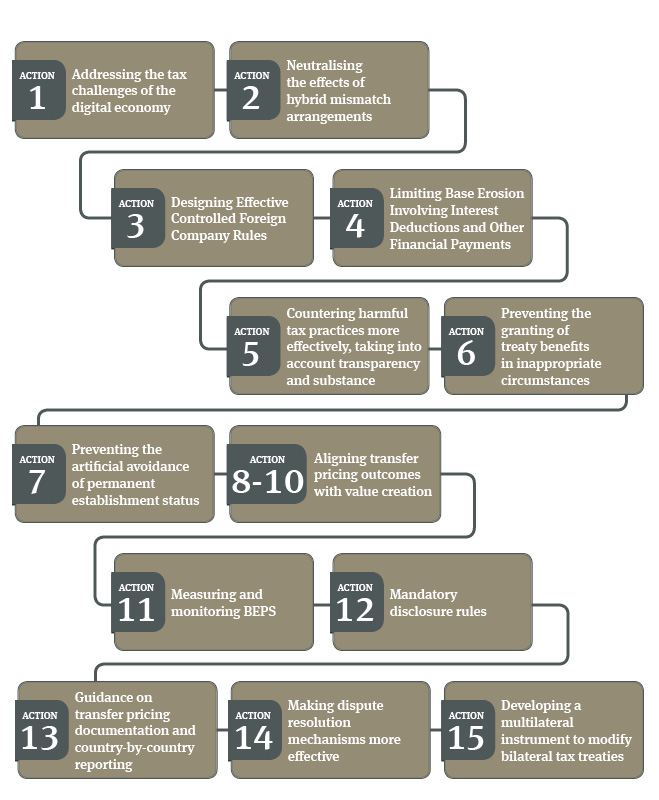Publication
PFAS : Tour d’horizon des principales nouveautés législatives
L’Union Européenne l’avait annoncé , le législateur français l’a fait : le 20 février 2025, l'Assemblée Nationale a adopté définitivement la proposition de loi restreignant la fabrication et la vente de produits contenant des PFAS2, que l’on surnomme les « polluants éternels ».





